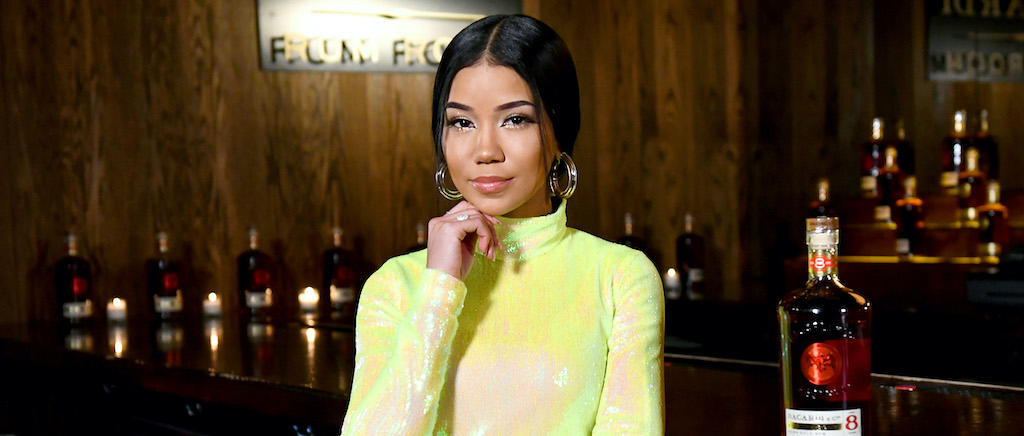
2020 has seen many American institutions coming to grips with a number of long-standing traditions with racist roots and determining ways to move forward. Earlier this year, The Grammy Awards and Republic Records both took steps to remove references to “urban” as a placeholder for typically Black-dominated genres of music in response to comments from Billie Eilish, Tyler The Creator, and others.
Now, a group of stars who’ve been leading the way in the recent resurgence of R&B are also pointing out some of the more racially-motivated discrepancies in how the recording industry classifies music. In this month’s Billboard feature, Jhene Aiko, Kehlani, Summer Walker, and Teyana Taylor participated in a virtual roundtable discussion about the state of R&B, talking about its reemergence as a pop-culture force, and how it differs from genres like rap and pop.
During the discussion, Jhene points out exactly the problem with how R&B is treated within the business. “There are different sounds within R&B that I’m seeing reflected in other genres,” she notes. “We’re seeing more rappers singing, being more melodic, doing more love and sexy songs. You probably wouldn’t have heard that from a straight-up rapper back in the day. And now there are traditionally pop artists doing R&B albums, but it’s called pop… I’m like, ‘This is a very ’90s R&B sound, but it’s considered pop.’”
Taylor wonders, “If an actual R&B singer sang what the pop artist sang, would the R&B singer get the same exposure?” while Walker agrees, “Pop gets all the credit, for sure. We’re cute over here when they want to be in their feelings. But when it’s time to get to the money, it’s all about pop.” Teyana clarifies, “We’re not a bunch of bitter, angry R&B chicks complaining either. We want to be honest without coming off feeling a type of way.” Walker feels the double standard “irritates me a little when it comes to radio. It seems the only songs from me that do super good on the radio are those that are more upbeat.”
The discussion also turns to industry colorism, outlets trying to sexualize them at a young age, and the scrutiny that comes with social media. Read the full feature here.
